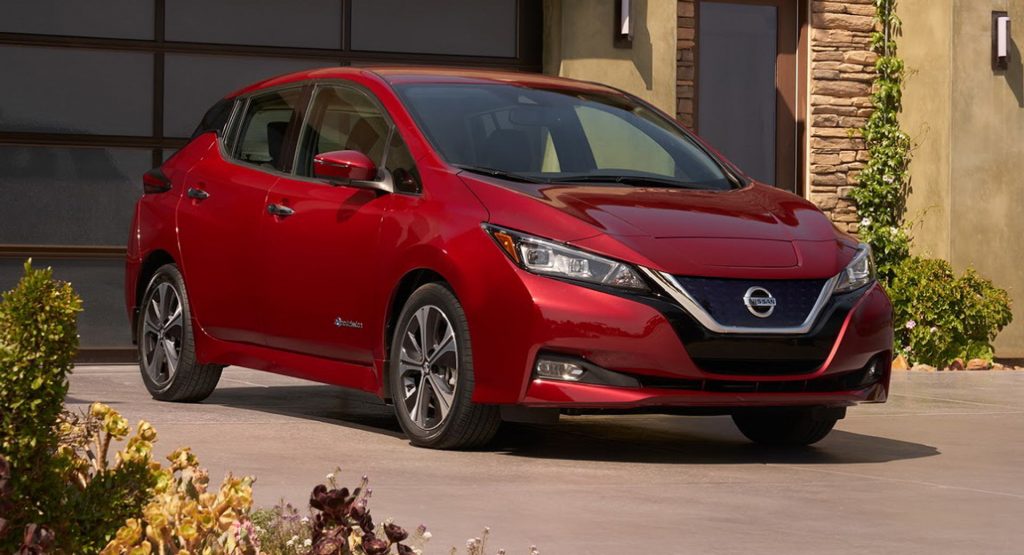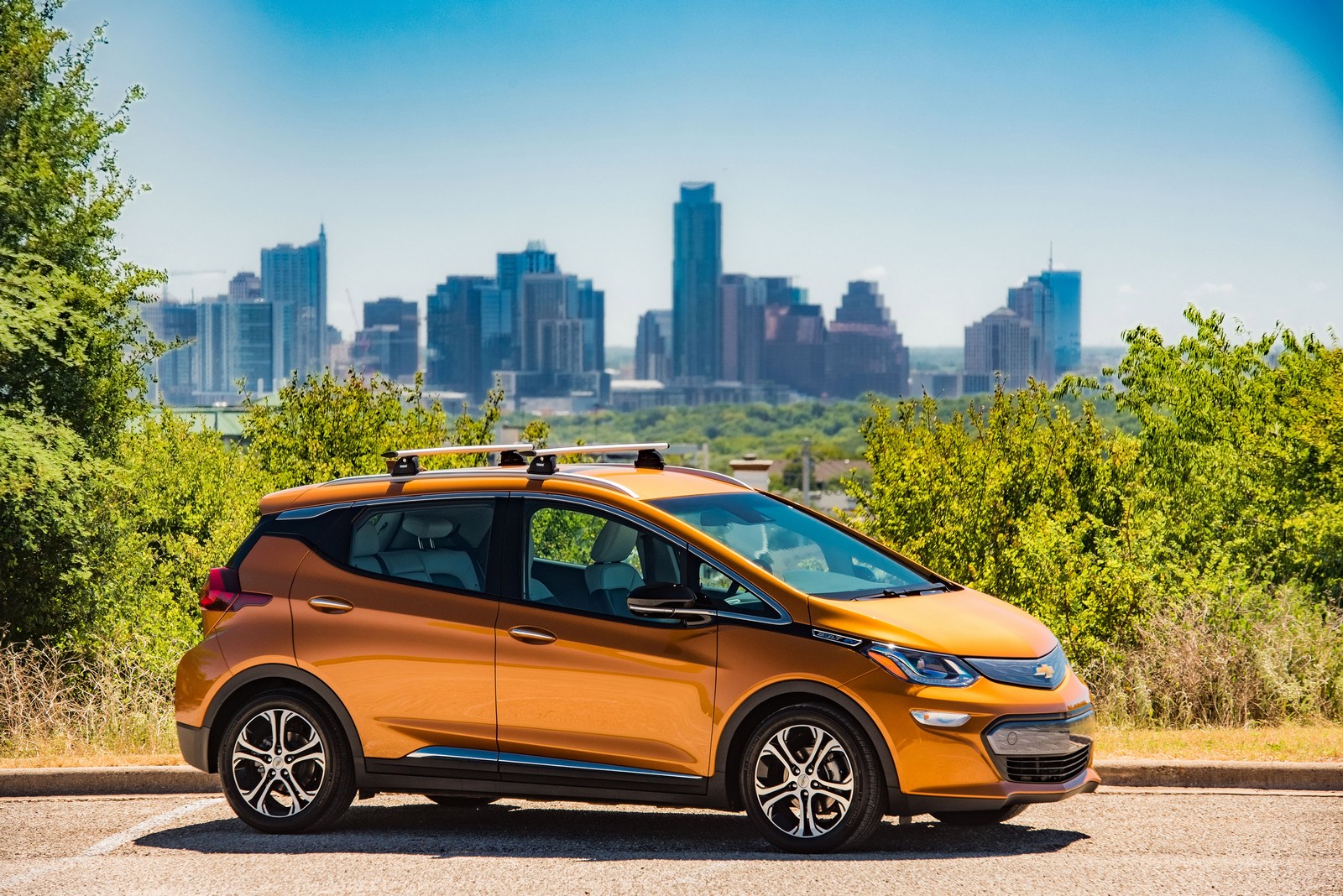A number of U.S. lawmakers have introduced legislation proposing to expand the nation’s federal electric vehicle tax credit for an additional 400,000 EVs sold by car manufacturers.
Under current regulations, buyers can benefit from a $7,500 federal tax credit for the first 200,000 EVs a car manufacturer sells in the U.S.. Once that figure is reached, the tax credit is phased out over a period of 15 months.
The new bill, dubbed the ‘Driving America Forward Act’ and sponsored by the likes of Democratic Senators Debbie Stabenow and Gary Peters, would grant car manufacturers a $7,000 tax credit for an additional 400,000 vehicles built on top of the 200,000 already eligible for a $7,500 credit. The new bill also proposes to shorten the phase-out schedule to nine months and is also been sponsored by Republic Senators Lamar Alexander and Susan Collins as well as Democratic Representative Dan Kildee.
The proposal clashes with White House plans
In addition, the bill would extend the hydrogen fuel cell credit through to 2028 and is estimated to cost $11.4 billion. All but $91 million of this figure would be used to extend the EV tax credit.
Reuters reports that the bill has the backing of a number of car manufacturers and environmental groups. However, many lawmakers are expected to oppose the bill, particularly since the White House last month proposed to immediately scrap the $7500 federal tax credit in a move that would reportedly save the government $2.5 billion over a decade.
Companies including GM, Tesla, Toyota, Ford, FCA, Honda, BMW, Nissan, and Volkswagen AG have all backed the bill.
Tesla was the first company in the United States to have its federal tax credit cut from $7,500 to $3,750 on January 1. GM’s tax credit was also halved on April 1.





